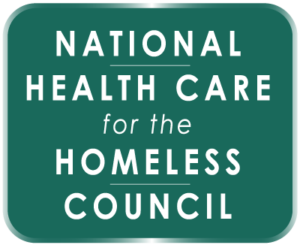Table of Contents:
Medical respite care (MRC), also referred to as recuperative care, is acute and post-acute care for people experiencing homelessness (PEH) who are too ill or frail to recover from an illness or injury on the streets or in shelter, but who do not need to be in the hospital. MRC programs offer short-term residential care that allows individuals experiencing homelessness the opportunity to rest, recover, and heal in a safe environment while accessing medical care and other supportive services.
The field of MRC continues to grow and evolve as communities across the U.S. increasingly recognize the value of this essential service. The data dashboard below provides a national snapshot of the state of MRC programs in 2023.
Foundational Resources:
Note:
The data presented here is self-reported by MRC programs based on their profile submissions in the Medical Respite Program Directory. If your MRC program is not represented here or if you would like to provide updated information, please complete this program profile form. We will periodically update these figures as new data emerges.

